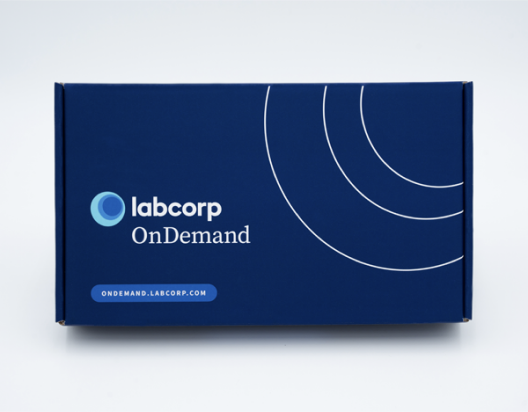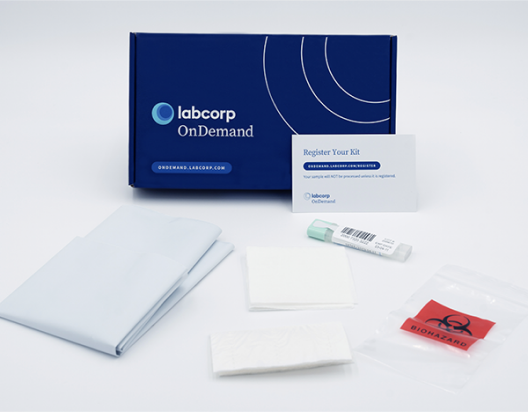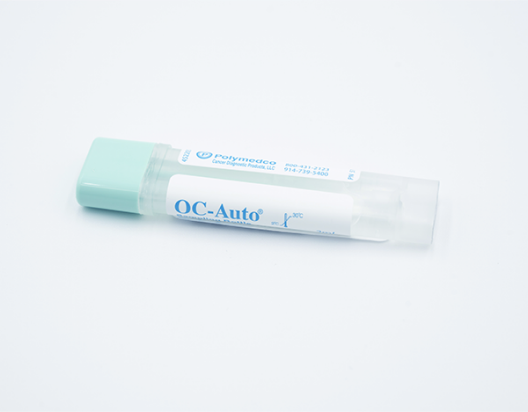Collecting a sample for your Labcorp ColoFITTM Home Test is simple. If you’d like to see a video explaining the process, click here.
1. When you are ready to collect your sample, register your kit online at ondemand.labcorp.com/register.
2. Place all kit contents on a clean, dry surface.
3. Place the collection paper inside toilet bowl on top of the water.
4. Deposit stool sample on top of collection paper.
5. Open green cap of the collection device by twisting and lifting the probe from the device.
6. Scrape the surface of the fecal sample with the sample probe. Cover the grooved portion completely with stool sample.
7. Close collection device by inserting the sample probe and green cap on tightly.
8. Wrap the collection device in the absorbent pad and insert into the biohazard specimen bag.
9. Place the sealed biohazard specimen bag into the blue kit box and close. Place the kit box into the USPS return pack. Remove the adhesive cover strip and seal the return pack closed.
10. Place the postage paid return pack in your mailbox for mailing back to the lab. Mail the package within 24 hours of collection.
Full detailed instructions are included in the kit package.











